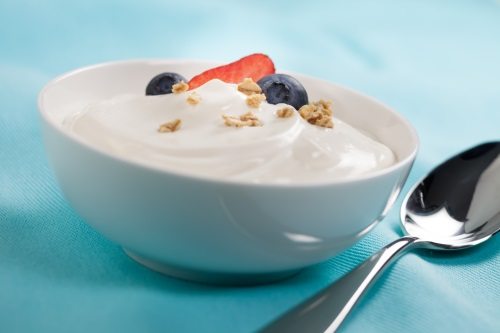Clean label is as much on the radars of consumers in Asia Pacific as in many other parts of the world, according to an online study Ingredion conduct in March 2015.
Conducted across 17 countries; including China, Japan and Australia, the study provides insights into consumer perceptions of ingredients, labels and product positioning.
Since 2011, the company has been conducting the global consumer research study with an independent research partner – MMR Research Worldwide.
The survey is repeated annually to help benchmark and identify any shifts in attitudes or patterns, helping Ingredion and its customers to keep ahead of the changing shape of the clean label trend.
Survey respondents were asked questions such as how important it is to them that they are familiar with the ingredients in their foods and how they feel about other factors such as on-pack claims, and price, when purchasing a food or drink product.
The results provided a better understanding of the momentum of the clean label trend, and how the shift towards ‘additive-free’, minimally-processed food and beverage products differs from country to country within Asia Pacific.
Asians like natural claims
A key finding of the latest study was that globally, as high as 80% of consumers feel it is important that they recognize all ingredients listed on their food and drink packaging.
Equally, consumers feel that a short and simple ingredient list is important, with Chinese consumers being the 4th most likely to read ingredient lists, of the 17 countries surveyed around the world.
Globally, the top three most appealing claims or descriptions are ‘natural/all natural’, ‘no artificial ingredients’ and ‘low or reduced fat/sugar/salt’.
In Asia Pacific, on pack claims relating to ‘no additives’ or ‘no artificial ingredients’ are quite or very important to over 80% of Chinese respondents and over 60% of Japanese and Australian respondents.
In China, the number of consumers who are quite or very likely to switch brands for a claim of ‘no artificial ingredients’ rose from 54% in 2013 to 65% in 2015 and in Japan, the figure rose from 37% in 2013 to 44% in 2015.
Overall, ‘natural’ is the top claim that would make Asian consumers consider switching from their current brand.










